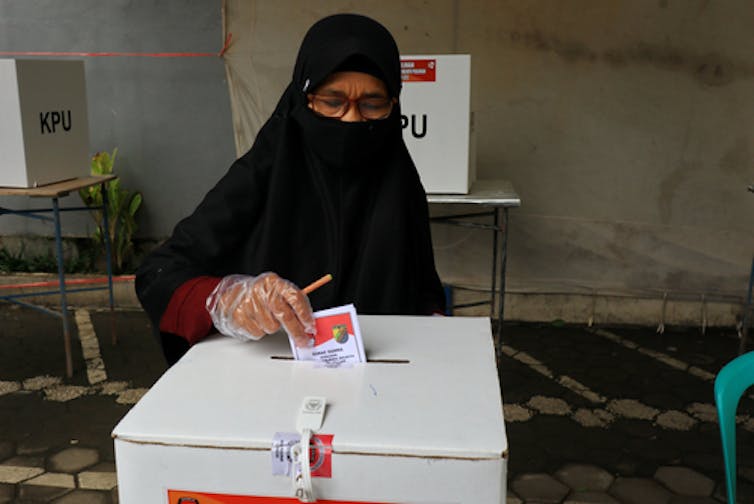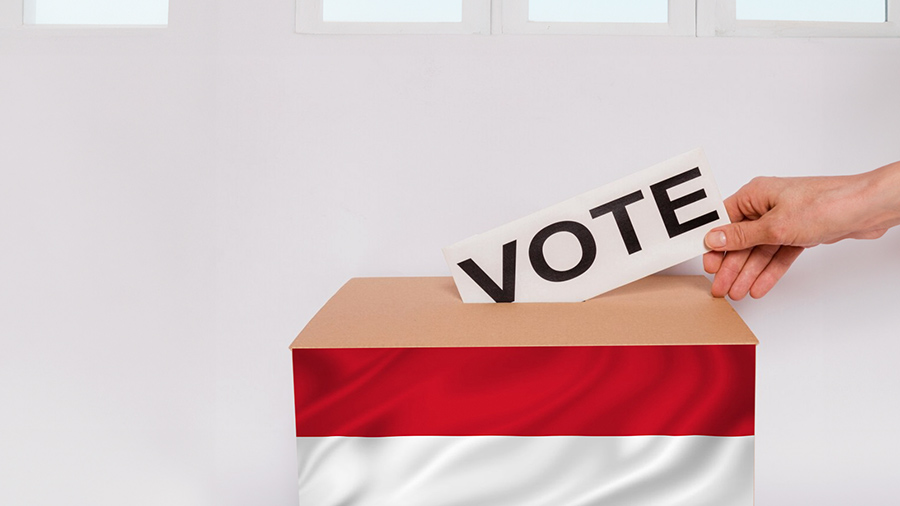Ranking the States: Which Ones Excel in Election Administration?
BlogTable of Contents
- Better elections are possible. Here’s how. - YouTube
- In election overtime, try to mix some calm into your furious passion
- Ten Us Presidential Elections The World Still Remembers
- The Most Election of Our Lifetime - YouTube
- Election predictions: ten of the best | TheArticle
- Indonesia’s presidential election may go to run-off, despite what the ...
- Which Election is Most Important? | Download Scientific Diagram
- What are your favorite elections that had multiple good/decent ...
- Indonesia’s General Elections: What it Means for Investors
- Will the “Least Terrible” Candidate Win the Elections?


Election administration encompasses a wide range of activities, including voter registration, absentee and early voting, poll management, and the counting and reporting of votes. Effective election administration ensures that elections are conducted fairly, securely, and in a manner that reflects the will of the electorate. Factors such as voter access, election security, and the efficiency of the voting process are key indicators of a well-administered election.


Criteria for Evaluation


- Voter registration processes and accessibility
- Availability of early and absentee voting
- Polling place management and wait times
- Election security measures
- Post-election audit practices
- Voter ID laws and their impact on voter access
- Online voter information and election resources


Top Performing States

Colorado, known for its comprehensive mail-in voting system and robust voter registration processes. Minnesota has been praised for its high voter turnout rates and efficient election day operations. Washington state has also received accolades for its voter-centric approach, including automatic voter registration and well-managed elections. Other states like Utah and Oregon have also been recognized for their innovative approaches to voting and election management.

Challenges and Areas for Improvement
While some states excel in election administration, others face significant challenges. These can range from outdated voting equipment and insufficient funding to complex voter registration laws and lack of voting access. The COVID-19 pandemic has further highlighted the need for flexible and resilient election systems that can adapt to unforeseen circumstances.Improving election administration is an ongoing process that requires continuous assessment, innovation, and collaboration among election officials, policymakers, and the public. By learning from the best practices of top-performing states and addressing the challenges faced by others, the U.S. can work towards a more uniform and high standard of election administration across all states.
Election administration is the backbone of democratic processes, ensuring that the voice of the people is heard and represented. By understanding which states excel in this area and why, we can identify best practices and work towards improving election administration nationwide. The Fulcrum and other organizations play a vital role in this effort, providing insights and advocacy for better democratic processes. As the United States continues to evolve and grow, the importance of effective and equitable election administration will only continue to increase, making it a critical area of focus for policymakers, citizens, and democracy itself.For more information on election administration and how states compare, visit The Fulcrum and explore their resources and analyses on democratic reform and civic engagement.